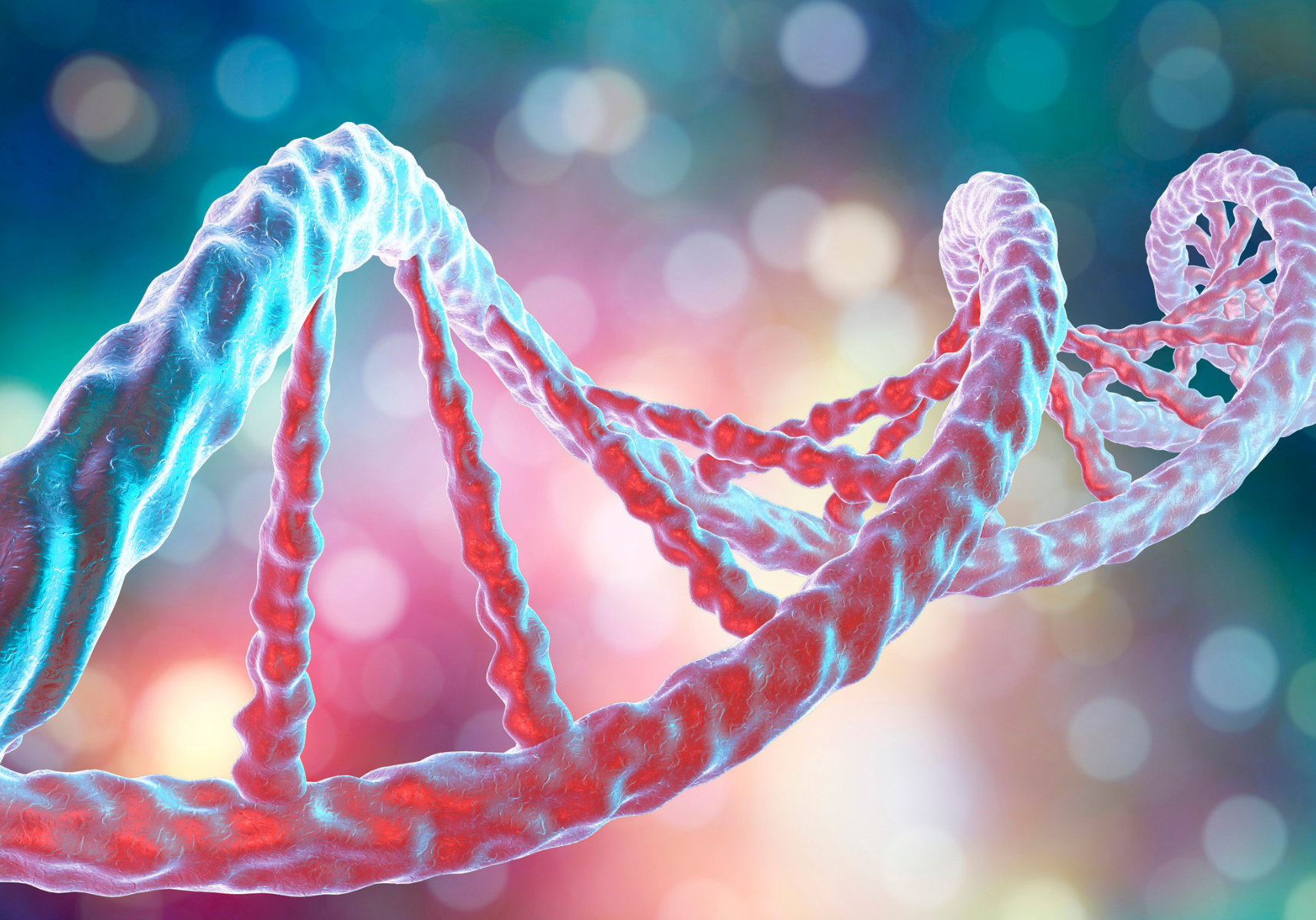
Rewiring Your Genes Through Yoga
The Epigenetic Influence of Yoga Beyond Physical Practice - By Selvaraj Giridharan
Reading time: 4 minutes
Welcome to a journey into the transformative power of yoga that goes far beyond its physical aspects. In this exploration, we will discover how yoga, an ancient practice, can unlock profound changes in our genetic makeup. Yoga is often perceived as a series of postures and breathing exercises. Still, it offers a path to reshape our genetic destiny.
Through modern science, we will uncover how mindful movements, deep breathing, and meditative practices in yoga can actively rewire our genes, leading to enhanced health and well-being. This is not just about flexibility or stress relief; it is a deeper, more profound journey towards genetic wellness, where each asana and each breath bring us closer to a healthier genetic blueprint.
Join us as we explore how the regular yoga practice can lead to lasting changes at the very core of our being, transcending the mat and profoundly influencing our lives.
The Magic of Epigenetics, A deeper Dive:
Epigenetics is a revolutionary field of study investigating how our behaviour and surroundings can cause changes affecting how our genes function. Unlike genetic changes, epigenetic changes are reversible and do not alter the DNA sequence. However, they can change how the body interprets a DNA sequence. Factors such as diet, stress, and even yoga practices can result in epigenetic modifications.
These modifications can switch genes on or off, impacting everything from our immune system to our stress response. Simply put, epigenetics acts like a set of switches which control the functioning of our genetic lightbulbs, turning them on or off based on our lifestyle choices.
Yoga and Gene Expression
Yoga has a profound impact on gene expression. Through physical postures, mindful breathing, and meditation, it can alter epigenetic switches. When we engage in yoga, the stress-reducing effects are not just psychological. It initiates a cascade of biochemical reactions in our body, leading to the modification of stress-related genes. This leads to a reduction in the production of stress hormones and inflammatory markers.
Yoga also has immune-boosting effects by positively modulating genes involved in the immune response. For example, Iyengar yoga has been shown to reduce pro-inflammatory gene expression in breast cancer survivors, indicating a direct impact on the body's inflammatory response. Various forms of yoga meditation have also been observed to alter the activity of genes associated with stress and immune function.
This suggests that yoga can modulate our biological response to stress and disease at a genetic level. Yoga acts as a natural modifier, fine-tuning our genetic expression for better health and resilience.
These findings highlight that yoga's impact on our health extends beyond physical improvement, reaching into genetic modification. By engaging in yoga, we are not just moving our bodies; we are participating in a process that can rewrite the genetic code of our cells. This results in improved health and resilience against stress and disease.
Yoga and Stress Response
Yoga significantly impacts our stress response and is an excellent example of its epigenetic influence. Chronic stress can trigger adverse gene expression, which can lead to health issues such as heart disease and depression. However, yoga can help activate a relaxation response in the body, reducing the levels of stress hormones and altering the expression of genes involved in the stress response.
Regular practice can lead to a lower baseline level of stress, enhanced ability to cope with stressors, and decreased inflammation-related gene expression. Mindfulness and breathing techniques are vital components of yoga that can help us manage stress at a genetic level, providing a natural and effective way to combat stress.
Yoga's Role in Boosting Immunity
Yoga's influence extends to enhancing the body's immune system by modulating gene expression. In the fast-paced modern world, where stress and environmental factors constantly challenge our immune system, yoga offers a natural bolster. By affecting genes associated with immunity, yoga practices can increase the production of antibodies and strengthen cellular immunity.
This helps the body fight off infections and diseases more effectively. Regular yoga practice has been shown to improve immediate immune response and contribute to a more robust and responsive immune system in the long run. Integrating postures, breathing exercises, and meditation in yoga is critical in this immune enhancement, making it a holistic approach to maintaining and improving health.
Real-Life Benefits: From Theory to Practice
The benefits of practising yoga in real life are immense and varied. Regular practitioners have reported improvements in both their physical and mental health. Yoga can help manage stress, reduce anxiety, improve sleep quality, and enhance concentration. Physically, it can improve flexibility, build stronger muscles, correct posture and improve balance.
Yoga can also positively impact mental health by promoting peace, increasing self-awareness, and deepening one's connection with one's inner self. These benefits are subjective and rooted in the epigenetic changes that yoga induces.
Long-term yoga practice
can lead to lasting, more pronounced and enduring changes. With time, the epigenetic modifications induced by yoga accumulate, resulting in more stable and long-lasting improvements in health. For example, the stress-reducing effects of yoga can lead to a more resilient stress response system, reducing the likelihood of chronic stress-related ailments.
Similarly, the immune-boosting effects can lead to a more robust immune system over time. People who practice yoga for a long time often report a fundamental shift in their overall well-being, including a more balanced emotional state, improved physical health, and a more profound spiritual fulfilment. This is the real power of yoga – a gradual but profound evolution of the self at both the genetic and experiential levels.
In conclusion, the journey through yoga is transformative, influencing our body and mind and the very genes that define our health. As we continue to explore the effects of yoga on our genetic makeup, it is evident that yoga provides a pathway to a healthier and more harmonious life at the molecular level.
Reference: Giridharan, Selvaraj. "Beyond the Mat: Exploring the Potential Clinical Benefits of Yoga on Epigenetics and Gene Expression: A Narrative Review of the Current Scientific Evidence." International Journal of Yoga 16, no. 2 (2023): 64-71.







